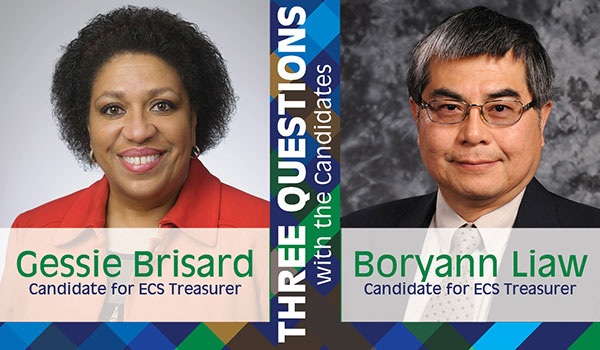 The 2018 Society elections are upon us and ECS wants you to learn more about the candidates, from the candidates. All voting members are eligible to participate via electronic proxy. You would have received an email with voting instructions January 15, 2018.
The 2018 Society elections are upon us and ECS wants you to learn more about the candidates, from the candidates. All voting members are eligible to participate via electronic proxy. You would have received an email with voting instructions January 15, 2018.
About ECS elections
The early months of each year are an exciting time here at ECS as officer elections take place via electronic proxy in the two-month period from January 15 to March 15, 2018. Elected officers constitute the organization’s executive committee and include the following positions: president, three vice presidents, secretary, and treasurer. The nominating committee determines the candidates and you determine the winner.
Three Questions with the Candidates allows you a personal glimpse of each volunteer on the current ballot. There is a total of five candidates (one for president and two each for vice president and treasurer). Take a moment to read the full candidate biography and election statement. And then enjoy their reflections on ECS and the marvel that is science.



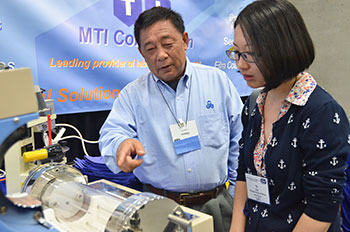 Don’t miss the opportunity to sponsor or exhibit at our largest spring meeting ever! Join us as ECS heads to the Seattle Sheraton and Washington State Convention Center in Seattle, WA from May 13-17, 2018, for the 233rd ECS Meeting. This is a can’t miss event for electrochemists and solid state scientists, featuring over 2,600 abstracts in over 50 symposia.
Don’t miss the opportunity to sponsor or exhibit at our largest spring meeting ever! Join us as ECS heads to the Seattle Sheraton and Washington State Convention Center in Seattle, WA from May 13-17, 2018, for the 233rd ECS Meeting. This is a can’t miss event for electrochemists and solid state scientists, featuring over 2,600 abstracts in over 50 symposia. Engineers are developing a new method of processing nanomaterials that could lead to faster and cheaper manufacturing of flexible, thin film devices, such as touch screens and window coatings.
Engineers are developing a new method of processing nanomaterials that could lead to faster and cheaper manufacturing of flexible, thin film devices, such as touch screens and window coatings.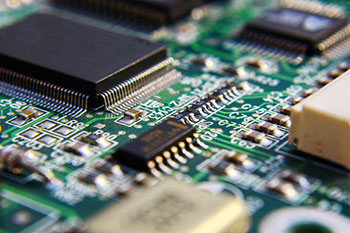 A new process for growing wafer-scale 2D crystals could enable future super-thin electronics.
A new process for growing wafer-scale 2D crystals could enable future super-thin electronics.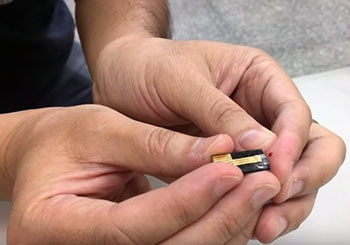
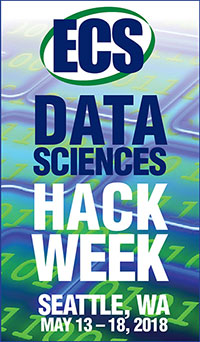
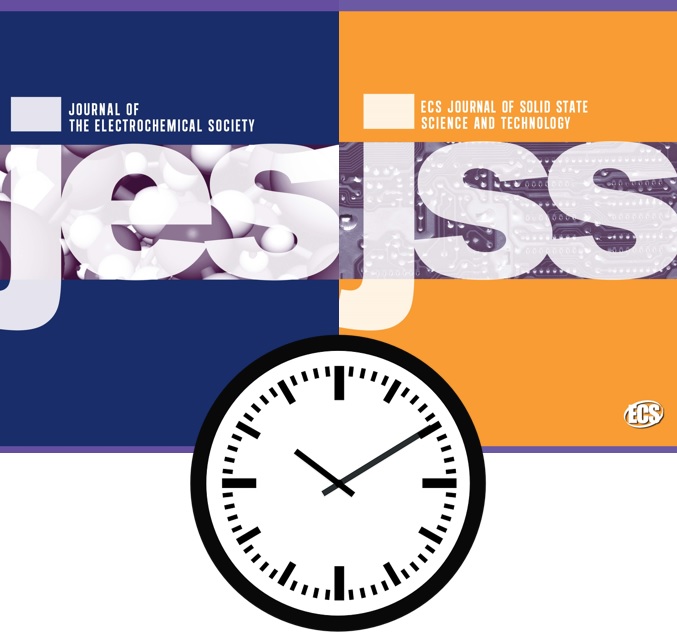 In a recent survey of over 100 corresponding authors who published in ECS journals, over 55% of respondents said the speed from initial manuscript submission to publication was faster than expected, and nearly 25% said it was very fast.
In a recent survey of over 100 corresponding authors who published in ECS journals, over 55% of respondents said the speed from initial manuscript submission to publication was faster than expected, and nearly 25% said it was very fast.